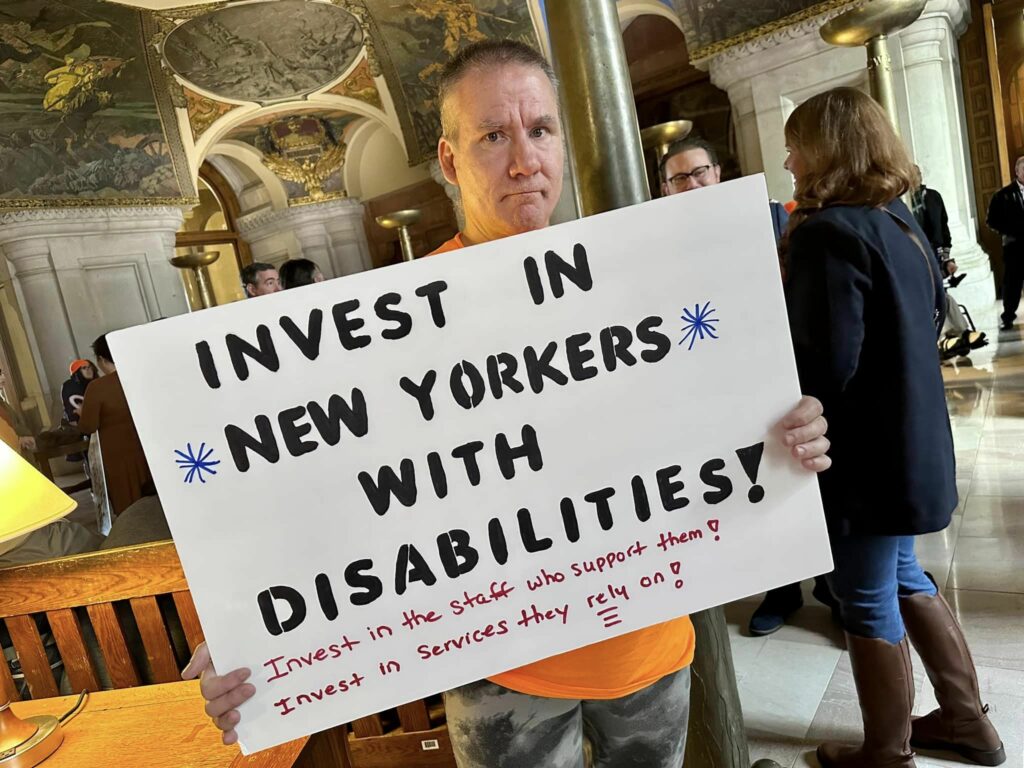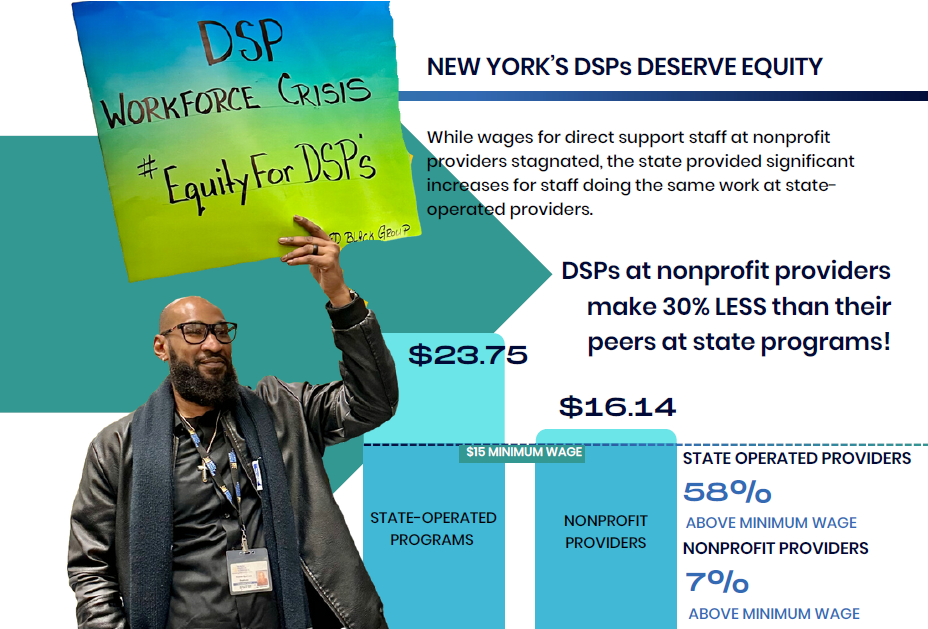
Investment in Disability Services through a 7.8% Medicaid Rate Increase
In order to provide New Yorkers with disabilities adequate and stable services, nonprofit provider agencies need a rate increase that is not tied to the July Consumer Price Index for Urban Wage Earners and Clerical Workers (CPI-U).
More about the 7.8% Medicaid Rate Increase
Services needed by New Yorkers with disabilities have been historically underfunded, and unfortunately tied to the July Consumer Price Index for Urban Wage Earners and Clerical Workers.
This ensures that nonprofit disability service providers are always playing catch up to the rising costs of providing supports for people with disabilities. Over the past year, the increasing costs associated with mandated fringe benefits, repairs and maintenance, utilities, food, supplies, transportation, and insurance have financially strained provider agencies. These cost increases are compounded by the fact that disability service provider agencies rely solely on Medicaid funding,leaving them unable to increase reimbursement for services to compensate for increased costs of operations. Investment is needed to address these financial burdens and ensure sustained support for these essential care services.
An unrestricted 7.8% Medicaid Rate Increase in the upcoming Executive Budget is needed to combat substantial inflationary growth and allow non-profit providers the stability to care for New Yorkers with disabilities.
Human Services
Wage Commission
New York State must Establish a Human Services Wage Commission to address the low wages prevalent in the disability services sector, and the pay inequity between Direct Service Professionals at nonprofit and state-operated agencies.

More about the Human Services Wage Commission
We ask the state to revise the current Human Services Wage Board (HSWB) legislation to establish a new “Human Services Wage Commission” that will mirror some of the powers and duties of the Department of Labor under the current Wage Board statute but will have a limited scope to address lowest wage frontline workers and provide a longer timeframe for implementation.
Additionally, this will include language to limit the Commission’s authority to issue wage orders to prevent the creation of an unfunded mandate.
Further, the bill will require the Wage Commission to develop an implementation plan for wages within six months of the report that could phase in wage increases, ensuring Federal Financial Participation (FFP), rate setting, and other considerations.

Capital Funding to Align with NYS Climate Goals
New York State must establish a new capital program to supplement the existing Prior Property Approval (PPA) process, focusing on incentivizing providers to pursue projects aligned with Climate Leadership and Community Protection Act (CLCPA) goals.
More about Capital Funding
This funding will address critical infrastructure needs for aging facilities managed by non-profit OPWDD provider agencies and aid in transitioning their buildings and operations to meet the state’s aggressive emission reduction targets, including electrifying buildings, adopting renewable energy, and improving energy efficiency.
While initial upgrade costs may be prohibitive without dedicated funding, these investments are crucial for long-term sustainability and cost savings.
This will incentivize innovation by supporting projects that meet evolving service models, such as those for highly behavioral support individuals and aging populations, through targeted funding for necessary facility renovations while aligning with CLCPA goals for energy efficiency and renewable energy adoption.
